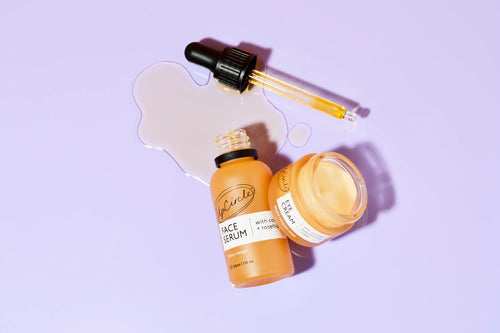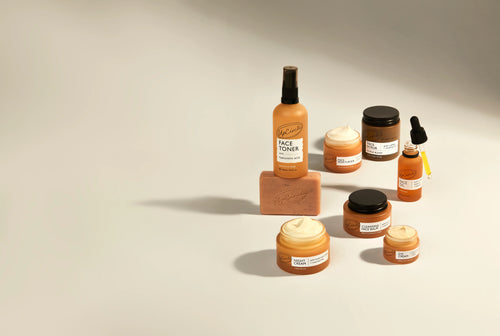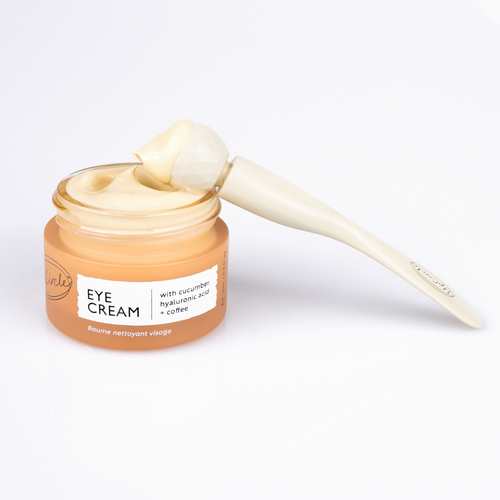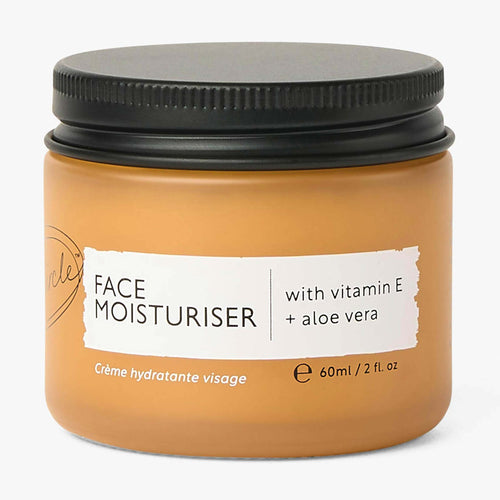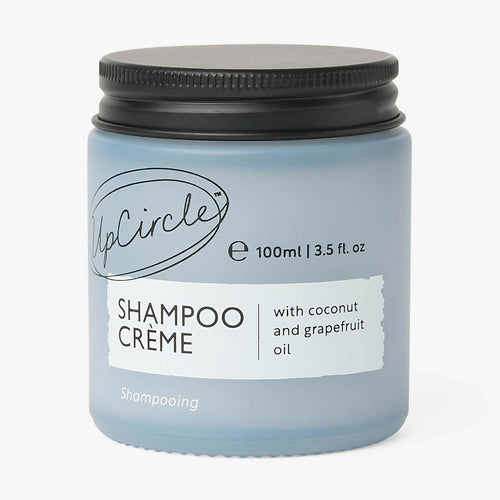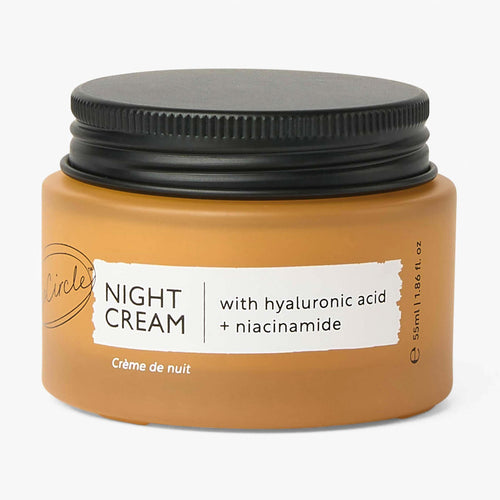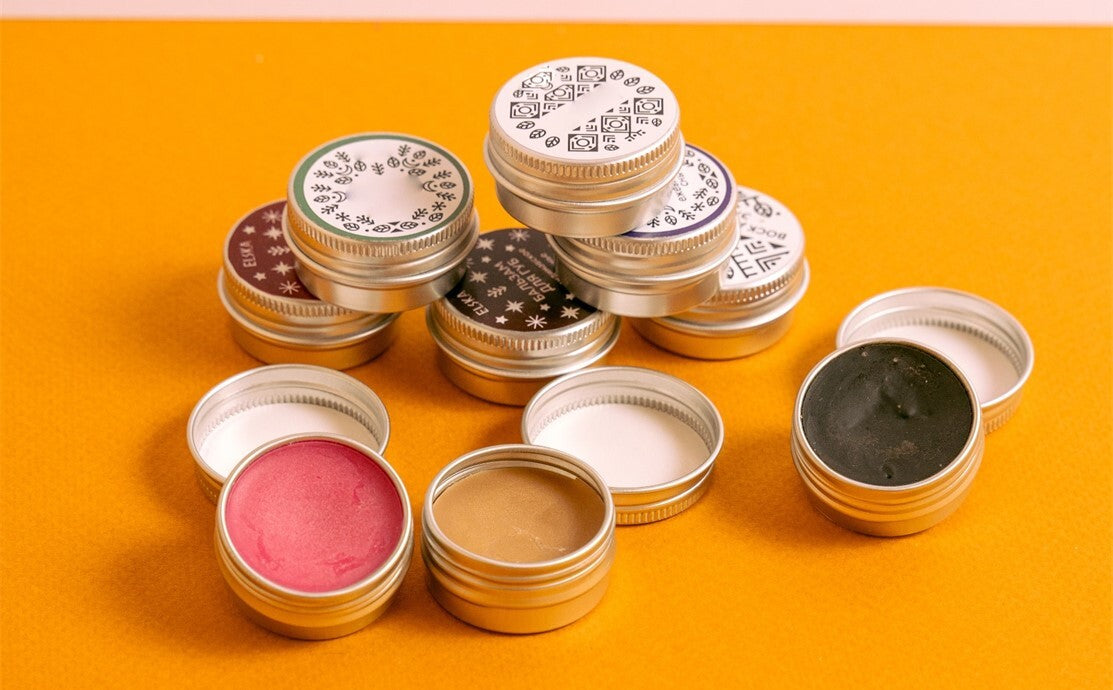It’s Veganuary and at UpCircle that ties in with our values. We are passionate about bringing you repurposed products, often discarded from the food industry. It makes sense – if a food is good for you on the inside, it’s likely to be good for you on the outside too. But we care that we use vegan skincare ingredients. And that’s where it gets a bit tricky for you, the buyer, because so many popular skincare products actually use non-vegan skincare ingredients.
We want you to be fully informed, and completely confident about choosing skincare products that uphold your vegan values. This list is by no means complete, but these are the top non-vegan skincare ingredients to look out for, along with where they are used and what you can use instead.
1. Carmine
Another name for carmine is cochineal dye which has long been used for dying everything from fabrics to make-up. Without wishing to be too gruesome, this red dye is produced by crushing huge amounts of beetles to produce just a gram or two of dye. The red is largely caused by the red berries these beetles consume but it’s far from vegan.
Carmine or cochineal dye remains a popular choice for mainstream beauty brands to create all manner of shades of red and pink in lipsticks and blushers. It finds its way into nail polishes too. There are dazzling red shades out there which are vegan, but check the ingredients list to make sure they don’t include carmine.
2. Lanolin
Lanolin is the oily excretion on the skin of wool-based animals. It’s what gives those woolly animals a semi-waterproof soft coat. It’s long been used in skincare products, particularly in make-up removers, moisturisers and balms. As a vegan, you also need to be aware that ‘cruelty-free lanolin’ is all about definitions, because it still comes from wool.
Excellent vegan alternatives are widely available in a range of oils, such as coconut, olive and shea butter.
We have a range of moisturisers, balms and creams which only use vegan skincare ingredients such as our Body Cream with Date Seeds or our Face Moisturiser with Argan Powder.
3. Urea
‘Urea’, when listed as a skincare ingredient, can be tricky to classify as vegan or non-vegan. Unfortunately, both the animal-based ingredient and the synthetic version go by the same name so it leaves you having to dig deeper. If in doubt, it’s best to avoid altogether. It can also be called carbamide.
Urea, in its natural form, comes from animal urine. Honestly, even if you’re not a vegan, you really do have to wonder at what is put in our skincare products!
Urea is a humectant which makes it particularly used in moisturisers, hair care products (like conditioner), lipsticks and cleansers. You’ll even find it in products as diverse as mascara and deodorant.
Like with lanolin, we believe there are plenty of vegan alternatives. Again coconut oil and shea butter are good alternatives. Additionally, argan oil (like you’ll find in our Face Moisturiser), almond oil and avocado oil are all excellent plant-based ingredients. Find out more about why we love argan as one of our favourite vegan skincare ingredients.
4. Eyeshadows
Ok, we’re cheating here as obviously this isn’t one single item on a list of non-vegan skincare ingredients. But we want to draw your attention to it because it’s a tricky area for the vegan and we want to explain why.
Firstly, there’s the issue that lanolin is usually a key ingredient in eyeshadows, holding it together. Then you add in colouring from things like carmine. Even crushed animal bones get used to add colour and shimmer.
Then there’s an extra layer. Not all vegan alternatives are ethical. For most vegans, this poses a real problem. For example, mica is used to create smoky shimmering colours but often the mining process is environmentally unfriendly and involves child slavery.
In short, when it comes to choosing your eyeshadow, be careful and do your research.
5. Shellac
Shellac, used in hard-wearing nail polishes which boast a long-lasting shine, is not vegan. Shellac is made from secretions that come from a small bug, called the lac beetle, native to south-east Asia. The beetles actually make this tough secretion to create a protective shell for the larvae they produce.
Remember, many nail polishes rely on carmine as a colouring agent too.
6. Guanine
Whilst on the topic of nail polishes, and again with a nod to eyeshadows, another of the non-vegan ingredients in skincare is guanine. This name completely hides what the product actually is – crushed up fish scales. That shimmery sparkle doesn’t seem so appealing now does it? It’s not just in sparkly products either; it’s often in products which have a pearly look.
7. Keratin
Keratin is often associated with haircare but it’s also often found in moisturising and strengthening skincare products too, particularly moisturisers designed to be used on the hands and nails.
Keratin is an animal protein from animals such as pigs and cows. It’s produced by crushing bones.
Keep an eye out, UpCirclers, as we’re planning to release a vegan hand cream this year.
8. Retinol
We understand the appeal of wanting to get as much Vitamin A heading towards maturing skin as possible. However, retinol is the usual way of enriching skincare lotions with vitamin A and retinol in skincare is often animal-derived. Mature skincare products also often include gelatine or collagen, both of which are also animal-based.
Alternatives involve using carotenoids which are plant-based alternatives. It is completely possible to take a vegan approach to mature skin, so don’t panic.
9. Glycerin
Also known as Glycol or Glycerol, Glycerin is used in various cosmetics and is also a popular ingredient in food-processing. In the beauty industry, glycerin is commonly used as a moisturising agent, as it absorbs water from the air.
Glycerin is a particularly confusing ingredient because it can be both vegan and non-vegan, depending on how it is extracted. The non-vegan method is when the glycerin is extracted from animal fat. While the plant-based method involves extracting glycerin from vegetable oil.
It’s therefore worth double checking any ingredients list to make sure that it’s vegetable glycerin. If it’s not clear, you may need to contact the manufacturer. We use glycerin in our Face Toner and, as you guessed, we only use plant-based glycerin.
As we say, we can’t list all of the non-vegan skincare ingredients in just one article. Unfortunately, the reality is that the list goes on, including castor oil, animal hair such as mink in eyelashes, oestrogen, casein (from animals, you can get vegan casein from plants), squalene, tallow, stearic acid and beeswax.
The simplest way to avoid non-vegan ingredients in skincare is to choose a brand which only uses vegan skincare ingredients, such as UpCircle. We take our vegan credentials seriously so that you can trust us.
